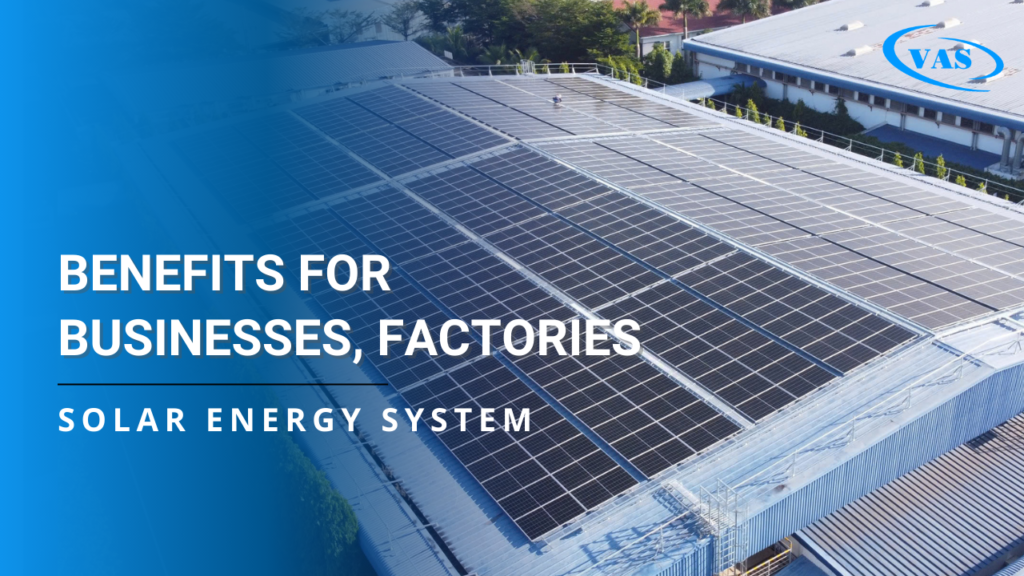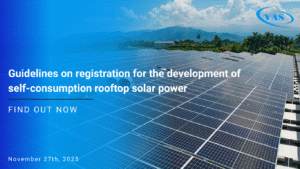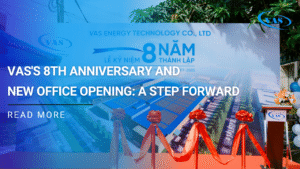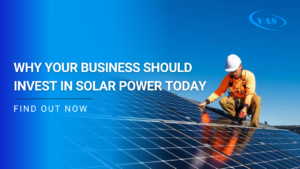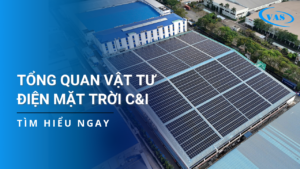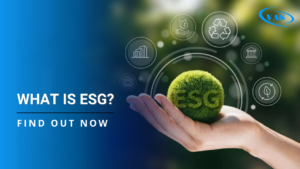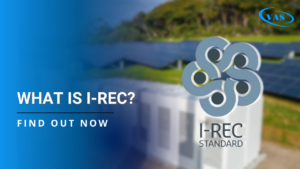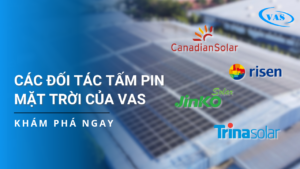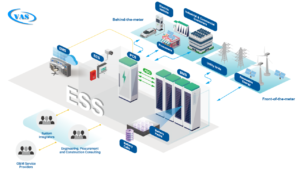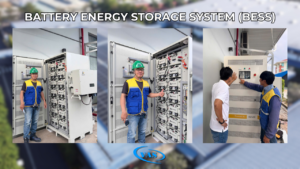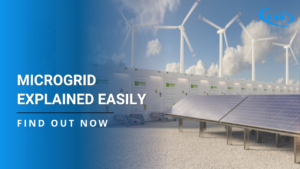Currently, businesses and factories are having to pay hundreds of millions to billions of dong for electricity used in their operations and production. This places significant pressure on the production costs of the company. Energy production systems from the infinite energy source of the sun are becoming the optimal solution for saving electricity costs. This article will help you understand more about the benefits of solar energy systems and how they work.
I. Benefits of solar energy systems for businesses and factories
- Cost savings on electricity:
This is the most obvious advantage of using solar energy systems, as they generate electricity directly from this infinite and free sunlight source. The generated solar electricity can be used for production, business operations, machinery, etc. By self-generating electricity from the system, businesses significantly reduce their reliance on purchasing electricity from the national grid, optimizing electricity costs, reducing operational expenses, and enhancing production efficiency. Additionally, companies can also increase their business profits by optimizing energy costs for manufacturing goods and operations.
- Independence in electricity supply:
Another notable benefit is the independence in electricity supply for business and production activities. Now, businesses will reduce their dependence on the national electricity grid thanks to the ability to self-generate electricity from solar sources. Furthermore, solar energy systems also help reduce the risk of electricity shortages or outages. This ensures energy security at both the regional and national levels.
- Environmental protection:
Most of the electricity used in daily life is generated from fossil fuels, which emit a significant amount of harmful gases such as CO2, SO2, etc. Utilizing the infinite and free energy source of sunlight to generate electricity does not produce harmful substances in the environment. This contributes to the sustainable development goals that countries are pursuing.
- Enhancing reputation and brand:
The current consumer trend among customers is to pay attention to and support “green” products (those made using “green” materials and energy sources). Implementing solar energy in production will help establish a “green” brand image in the eyes of consumers. This demonstrates the company’s commitment to environmental protection, bringing manufacturers closer to customers and expanding opportunities for collaboration with foreign partners.
- Other benefits include:
- Cooling offices and factories: Solar panels installed on rooftops also serve to cool office buildings and factories by retaining heat energy when absorbing sunlight through the panels. Lower temperatures help save electricity for cooling systems, increase the durability and efficiency of machinery, and protect the health of employees.
- Increasing roof durability: Solar panels, once installed on rooftops, act as shields against rain and sun, making the roof more resilient over time. This contributes to reducing repair costs and avoiding the risk of roof leaks.
III. Common types of solar energy systems for businesses and factories
- Grid-tied solar energy systems (On-grid):
This system is directly connected to the national electricity grid. The solar energy generated is prioritized for supplying electrical devices. When the demand exceeds the amount of electricity produced by the system, it will draw from the national grid. If this system produces excess electricity compared to consumption levels, the surplus will be fed back into the national grid. This system is typically used in places with high daytime electricity consumption, such as offices, shopping centers, and supermarkets.
- Off-grid solar energy systems:
This system is not connected to the national power grid. After generating electricity from sunlight, it is transferred to the Battery Energy Storage System (BESS) and can be used when needed. Because it does not rely on the national power grid, these systems are suitable for providing electricity to remote areas, regions not connected to the national grid, even in the event of a power outage.
- Hybrid solar energy systems:
This is a combination of two solutions: grid-tied solar and off-grid. Under normal conditions, the load will be powered by the national grid; in case of power shortages or outages, the load will be powered by the Energy Storage System (ESS). This system is suitable for customers who require continuous electricity 24/7.
IV. Installation process for solar energy systems at VAS:
At VAS, we confidently assert that we are a leading contractor for solar energy solutions for businesses and factories in Vietnam. With over 7 years of experience in the industry, we have installed hundreds of green energy systems across the country. Additionally, VAS collaborates with high-quality equipment manufacturers from abroad such as Canadian Solar, ABB, SMA, etc. We are committed to providing internationally standardized solar energy solutions.
Below are the detailed steps in the construction and installation process of solar energy systems at VAS:
- Step 1 – Consultation and survey: Introduce suitable solutions, equipment, and technologies based on the current conditions of the factory. Provide advice on the maximum capacity that can be installed and the expected electricity output that the solar energy system can provide for the business.
- Step 2 – System design: Technical specialists conduct on-site surveys at the factories to check environmental conditions and measure, calculate factory data to optimize the system and provide a break-even point for the investor.
- Step 3 – Installation and Operation: This includes key tasks such as supervising construction, ensuring progress, and accepting the handover of the system to the investor. VAS will directly carry out the project to ensure the system’s consistency.
- Step 4 – Maintenance and Warranty of the System: Providing operational guidance, technology transfer, and helping customers understand the system. Additionally, we will also monitor and supervise the system periodically.
Discover more about why choose VAS as your reliable contractor for solar energy system?
VI. Conclusion
The solar energy system is not only an effective solution for saving electricity costs but also a key to enabling businesses and factories to take control of their power supply, affirming their commitment to environmental protection and enhancing brand reputation. Investing in solar energy today is an investment in a sustainable future. Contact hotline 0766666480 for VAS to advise you on solar energy solutions suitable for your family!

 Tiếng Việt
Tiếng Việt 中文 (中国)
中文 (中国)
